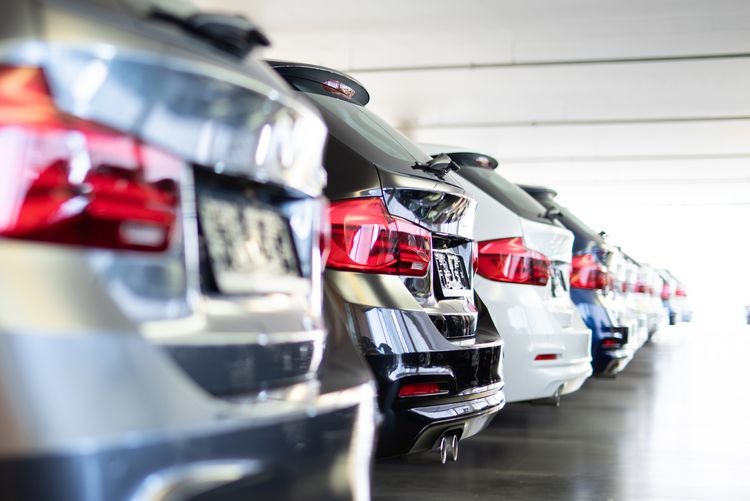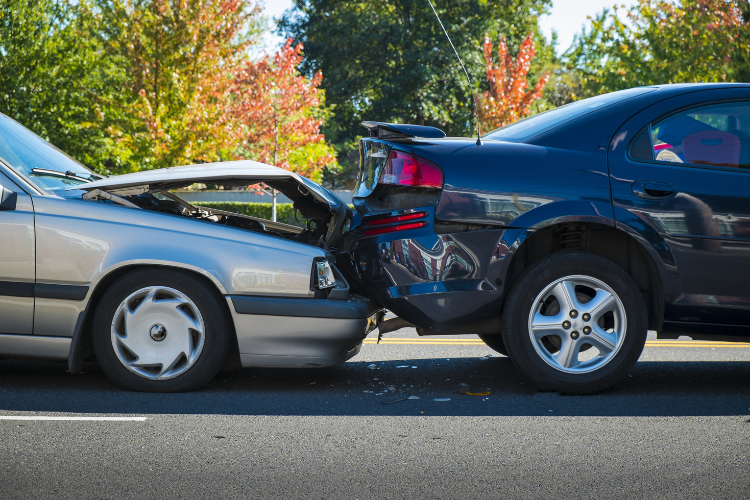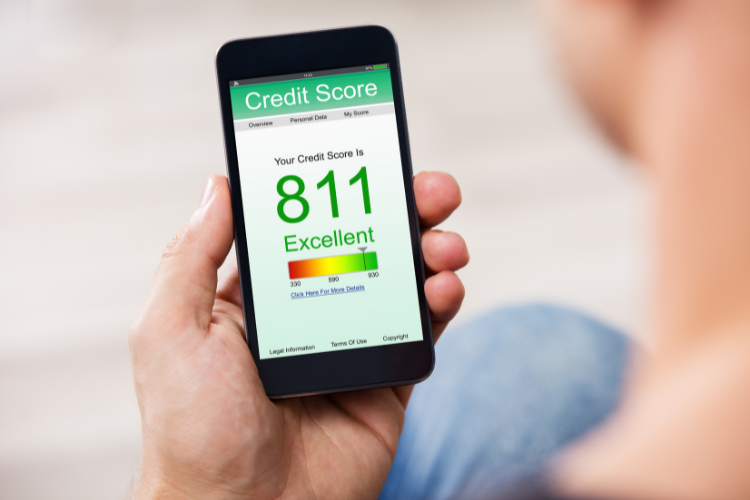Is It Better To Lease Or Buy A Car?
The fact that you need new wheels has got the wheels in your head turning over the big question: Is it better to lease or buy a car?
There are pros and cons to both options and which choice is right for you depends on many things. Here’s a look at the differences between leasing and buying, which just might put you on the right road when it comes to making the best decision.

Leasing A Car
A lease involves entering into a contract, usually with a car dealership, that enables you to borrow a vehicle for a set time period while making regular payments. Generally, car leases cover three- or four-year time periods. If the contract doesn’t include an option to purchase the car at the end of the term, you’ll be required to return the car when the lease is up.
What the car would cost once you’re done paying on the lease is known as “residual value.” It may be in your best interest to look for a car that has a high residual value. Although you would need to pay more if you decide to keep the car after the lease has expired, your monthly payments will be lower, owing to the fact that you don’t have to compensate the owner for a significant amount of depreciation.

Pros
Affordability is a key draw when it comes to leasing. Your fixed monthly lease payments will be significantly lower than the cost of car financing payments, but you will still have to pay for car insurance.
Another plus: When leasing a new car, just as when you purchase a vehicle, you can have peace of mind knowing that your car is covered by the manufacturer’s warranty for the entire length of your lease term. The cost of many different types of repairs and breakdowns won’t come out of your pocket.

Cons
Leasing isn’t necessarily cost-effective if you’re planning on purchasing the car when the lease is up. In actuality, you will have spent the extra money to drive a vehicle for several months or years that you didn’t own. In addition, leasing usually entails dealing with mileage restrictions. If you drive long distances for work, vacations, etc., you can easily rack up substantial fees for each extra mile you drive after you hit the mileage limit specified in your lease.
Be aware that you’ll need to carefully maintain the car’s condition; if the car shows signs of excessive wear and tear while under lease, you might be expected to pay the dealer a significant sum of money when you turn the car in. Increasingly, dealers are looking to impose wear-and-tear “passes” or insurance policies that will add to your monthly payment but also protect you from surprise costs at the end of your term.
And before you sign on the dotted line, keep in mind that leases are difficult to get out of. You could pay costly fees if you terminate your contract early.

Buying A Car
It’s a fairly straightforward transaction: You want to buy a car, so you apply for and get a loan to cover the sale price that you don’t pay upfront. You’ll repay the loan over a set period of time, either in months or years and payments will have a fixed interest rate for the length of the term. As with most loans, the longer the term you agree to, the smaller your monthly payments will be. But because interest will continue to accrue every month that you’re financing the vehicle, you’ll end up spending more money the longer the loan is extended.
Compared to leasing, financing a car may cost you more. You are, however, paying off the cost of the car that you will eventually own, rather than simply paying to use a vehicle you’ll return to the dealership when the loan is up.

Pros
Leasing payments may be more affordable in the short term, but financing is more cost-effective in the long term. After you pay the loan off, you’ll have ownership of an asset that’s all yours. With ownership comes the option to sell the car and possibly recoup some of your investment, or drive payment-free for as long as you keep the vehicle.
Financing a car frees you from having to monitor how far you’re driving in order to stay within the mileage limits of a lease. And wear-and-tear? It’s totally a personal choice if you want to dig into your wallet to do away with any dings and scratches.

Cons
Getting an auto loan at a decent interest rate is far from guaranteed if your credit is less than exemplary. To put yourself in the best position to snag an interest rate that fits your budget, you might need to put some time and energy into improving your credit score.
If you’re intent on paying less in the long run for financing your vehicle, you’ll need to make car payments that are substantially higher than those usually required under a lease. And once you’ve paid the loan off and the car is yours and yours alone, any repair costs will fall to you once the warranty expires.
After all is said and done, you could find that moving on to another car isn’t as easy as simply turning the keys in at the dealership when the lease is up. Whether you decide to sell your car independently or use it as a trade-in for another car at a dealership, you may find yourself negotiating on price, dealing with car title transfers, and trying to secure the best possible deal for yourself. All without hitting any unforeseen roadblocks.
